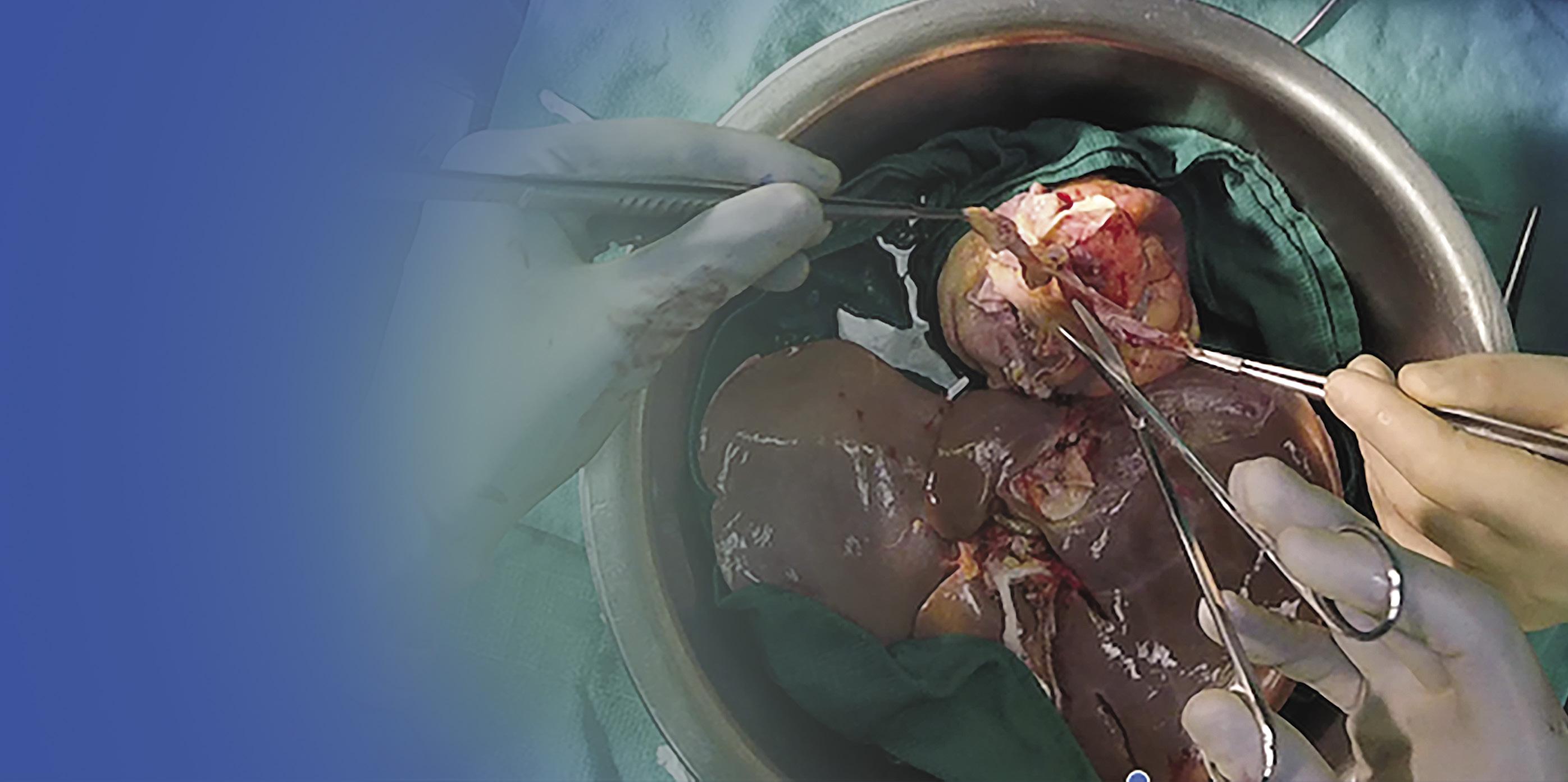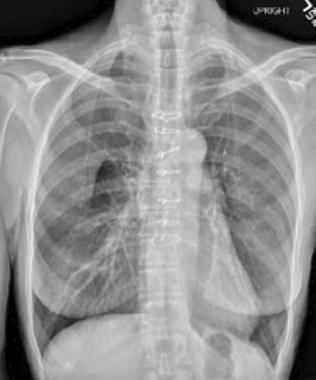
3 minute read
Growing Heart Transplant Program at Cleveland Clinic Florida Increases Access to Care for Heart Failure, Leads in Quality
By Cedric Sheffield, MD, and Viviana Navas, MD
As congestive heart failure cases in the United States continue to rise, South Florida remains an epicenter of the disease due to the area’s continuing population growth and its status as a retirement haven for the vulnerable population of patients over 65 years old. Despite historically having one of the largest populations of advanced heart failure patients, South Florida also has had the lowest rate of access among major population centers in the country to advanced heart failure therapy, including heart transplant and mechanical circulatory support. To address this issue, Cleveland Clinic Florida organized an expert heart failure team to provide services that include heart transplant, ventricular assist support devices, temporary mechanical circulatory support, advanced diagnostics, and medical and surgical therapy. We established our heart transplant program in 2014, with the first transplant performed in October of that year. Less than a year after the initial 10 qualifying transplants, the program achieved Medicare certification and has grown consistently since that time. Our heart transplant program utilizes a broad multidisciplinary team with tremendous collective experience and expertise. Since inception we have performed more than 160 heart transplants and have become one of the largest programs in Florida and one of the fastest growing programs in the nation, with a current year-over-year growth of 175 percent. According to the Scientific Registry of Transplant Recipients quality criteria, Cleveland Clinic Florida’s cardiac transplantation program leads the state in quality and ranks 4th in the nation in combined
Positioned at the forefront of medical advancement for the last 100 years, Cleveland Clinic continues to advance its practice in South Florida by offering world-class care. As part of these efforts Cleveland Clinic Florida has taken the lead in providing care options for patients with end-stage organ failure, which include cardiac transplantation.
measures of transplant rate, survival on the waiting list, and posttransplant survival after only the 6th year of the program’s existence.
Cleveland Clinic Florida has spurred growth in transplantation throughout Florida with the number of transplants in the state increasing by more than 100 percent since our program began. This has markedly improved access to the lifesaving therapy throughout the region and state. Our heart transplant team provides expert collaborative care in association with referring providers and hospitals using a “team of teams” approach for a seamless high-quality patient experience.
Cleveland Clinic Florida’s aggressive comprehensive multidisciplinary approach, which allows us to be involved in all areas of our patients’ care, is one of the keys to achieving great outcomes. We frequently care for patients who have been turned down by other programs. Working with their referring providers, we evaluate each patient individually and deliver a treatment that is best suited for each patient’s condition. We are available for inpatient and outpatient referrals as well as consultations 24 hours a day and encourage early referral.
Dr. Sheffield sheffic@ccf.org Dr. Navas navase@ccf.org
Members of the Heart Transplant Team. From left to right: Janice Bonilal, Jaime Hernandez-Montfort, MD, Cedric Sheffield, MD, Debra Rossignol, Viviana Navas, MD, Nicolas Brozzi, MD, Mauricio Velez, MD, Victoria Ambrosio-Slade, Maryann Zamora.

Multidisciplinary team approach helps chemotoxicity patient return to normal life
A patient with cancer was referred to our hospital after she recently was treated with resection and chemotherapy and developed chemotoxicityinduced cardiomyopathy and shock. Following transfer to Cleveland Clinic Florida in Weston, she received medical optimization involving our advanced heart failure cardiologists and cardio-oncology specialists. The patient then received durable mechanical support with an implanted left ventricular assist device (LVAD), which supported her circulation and allowed her to return home in great functional condition with a return to normal activity (Figure 1A). When she was ultimately deemed cancer-free, she was evaluated for heart transplant, listed, and underwent successful transplant and LVAD explant with return to her previous very active lifestyle (Figure 1B).

Figure 1A: CXR after LVAD implantation Figure 1B: CXR of the same patient after receiving heart transplantation











